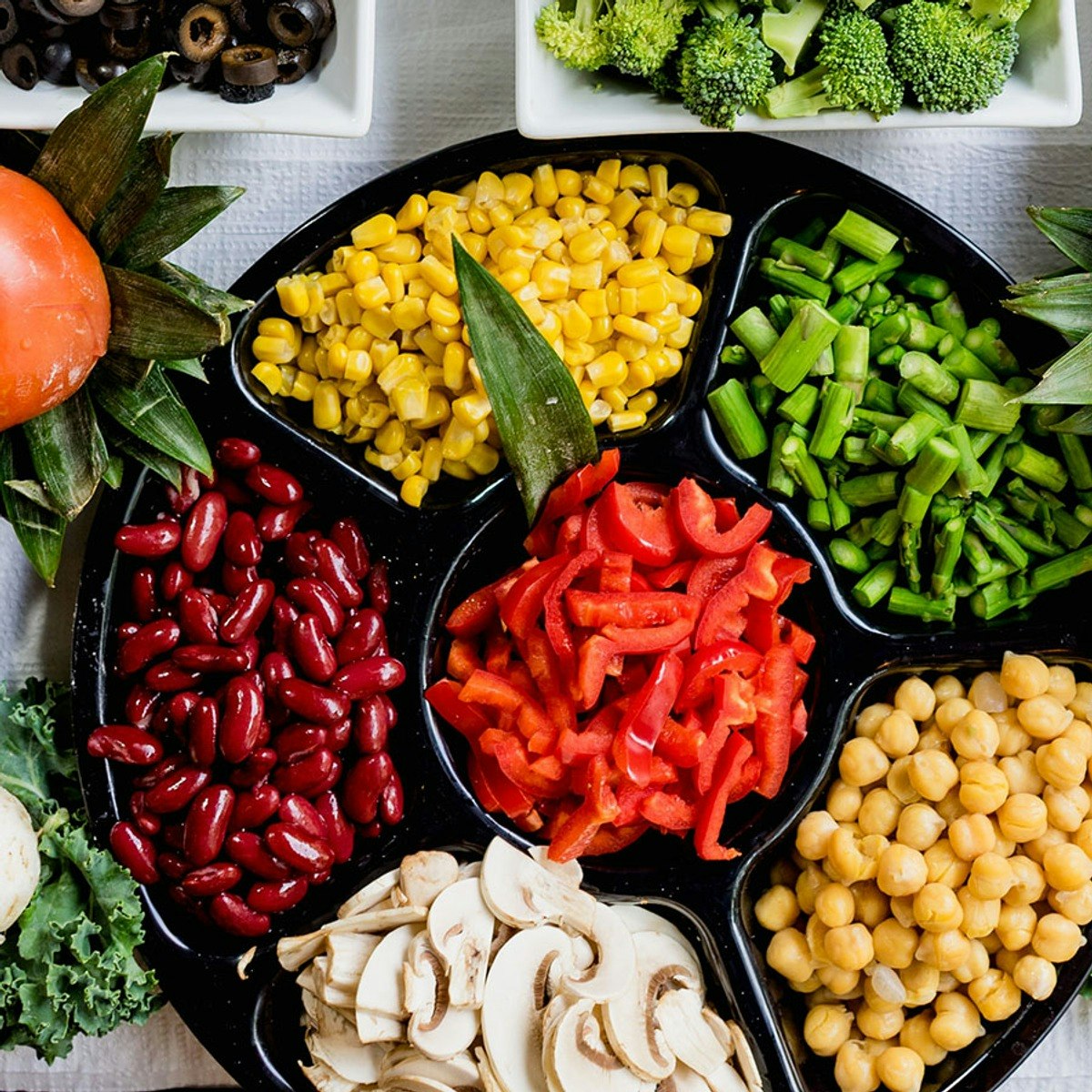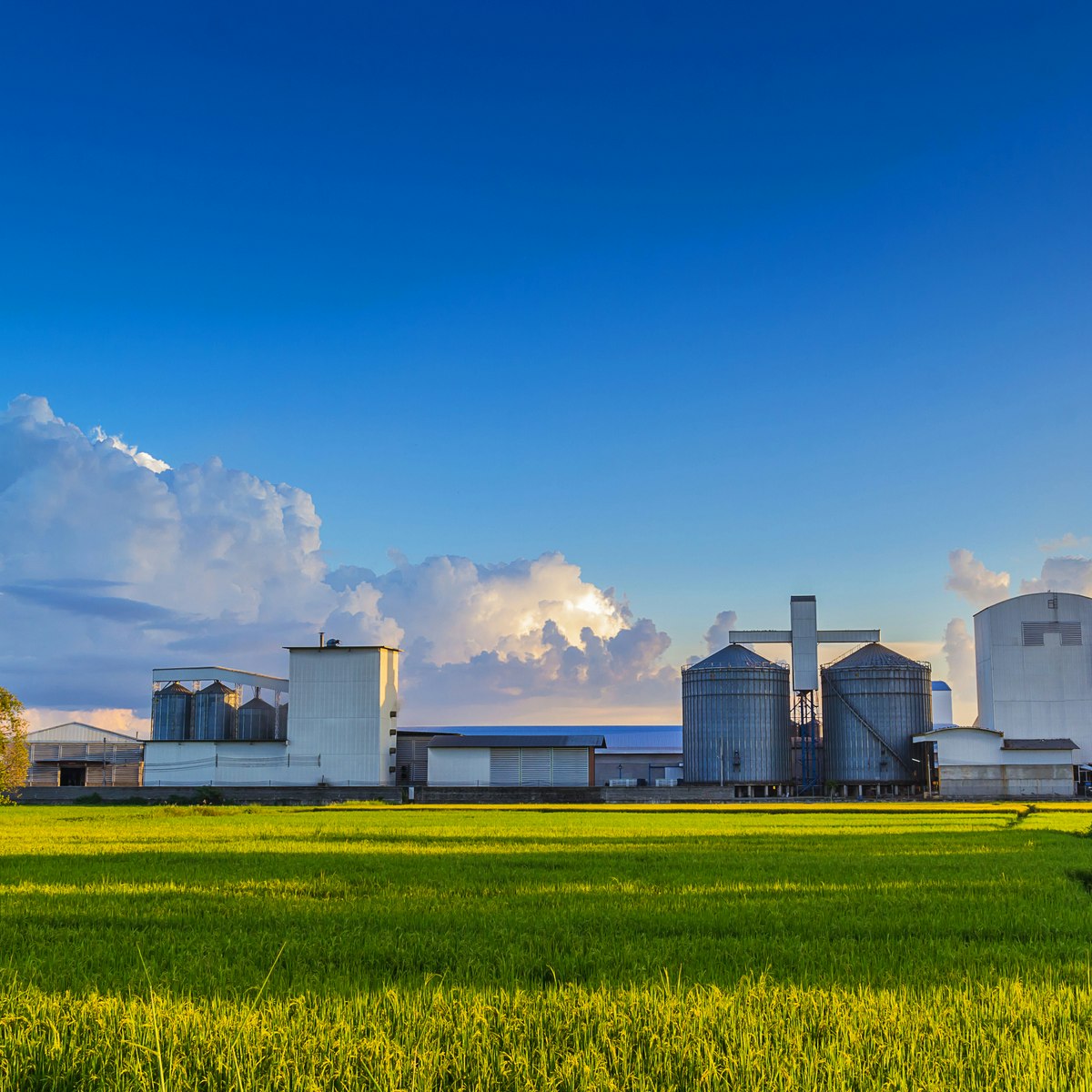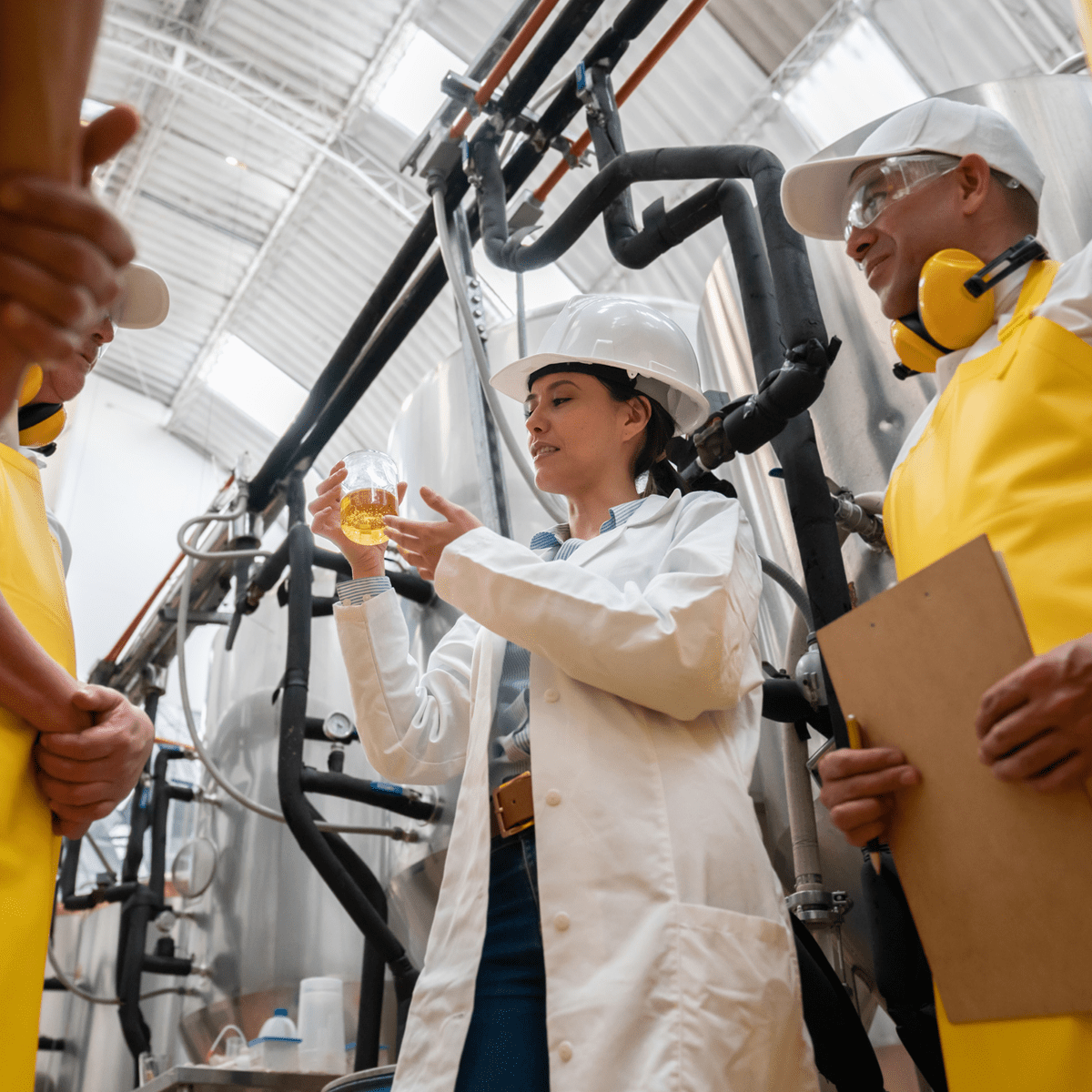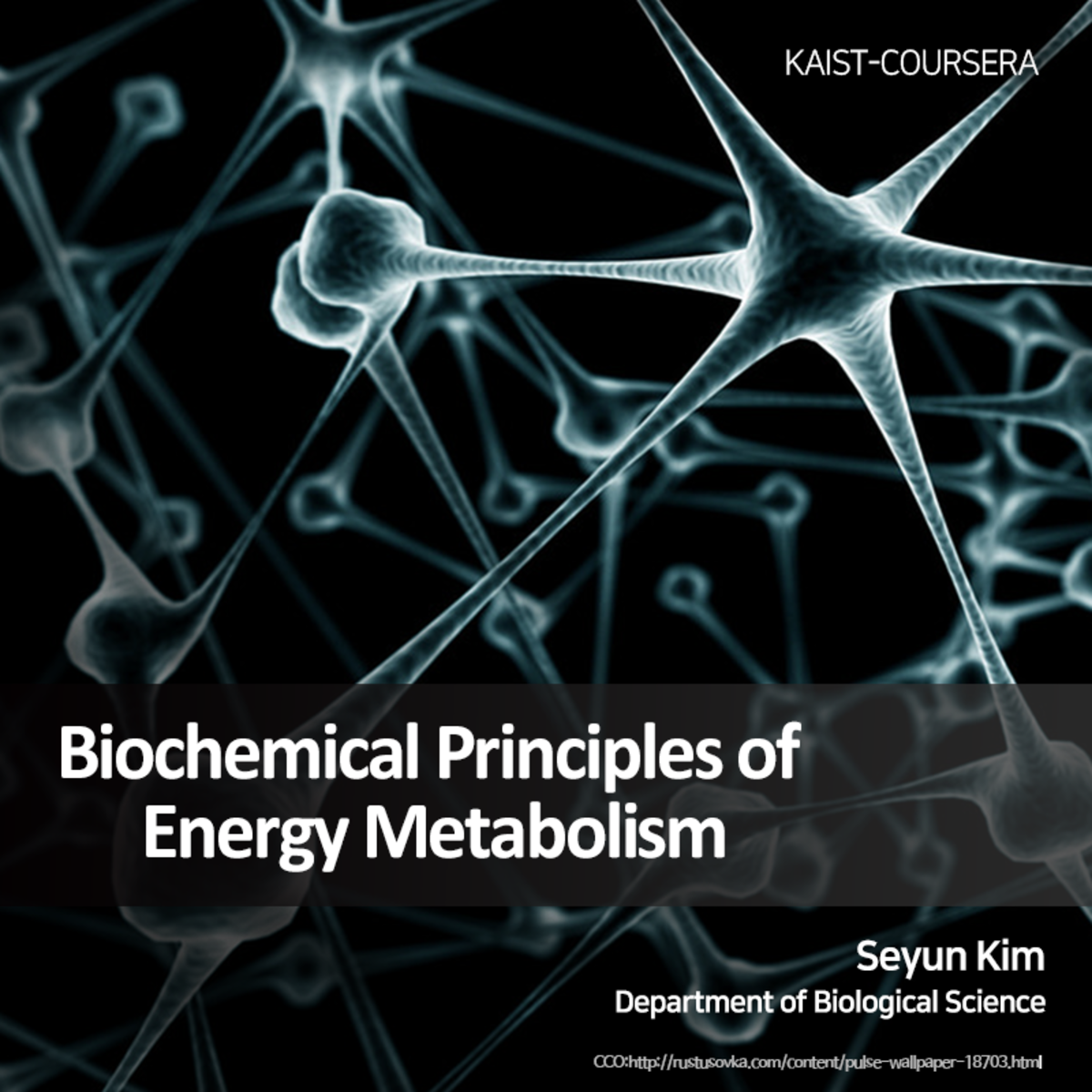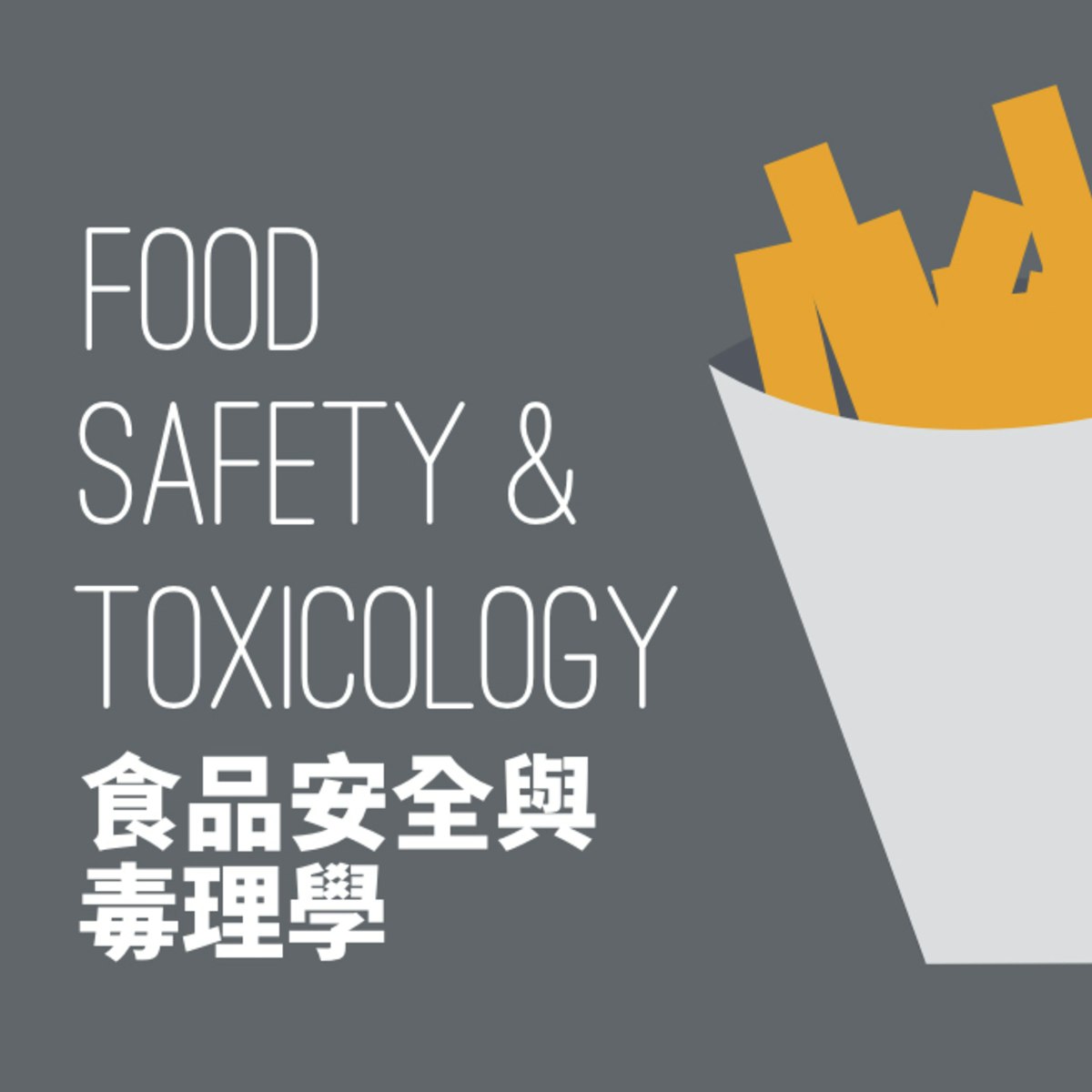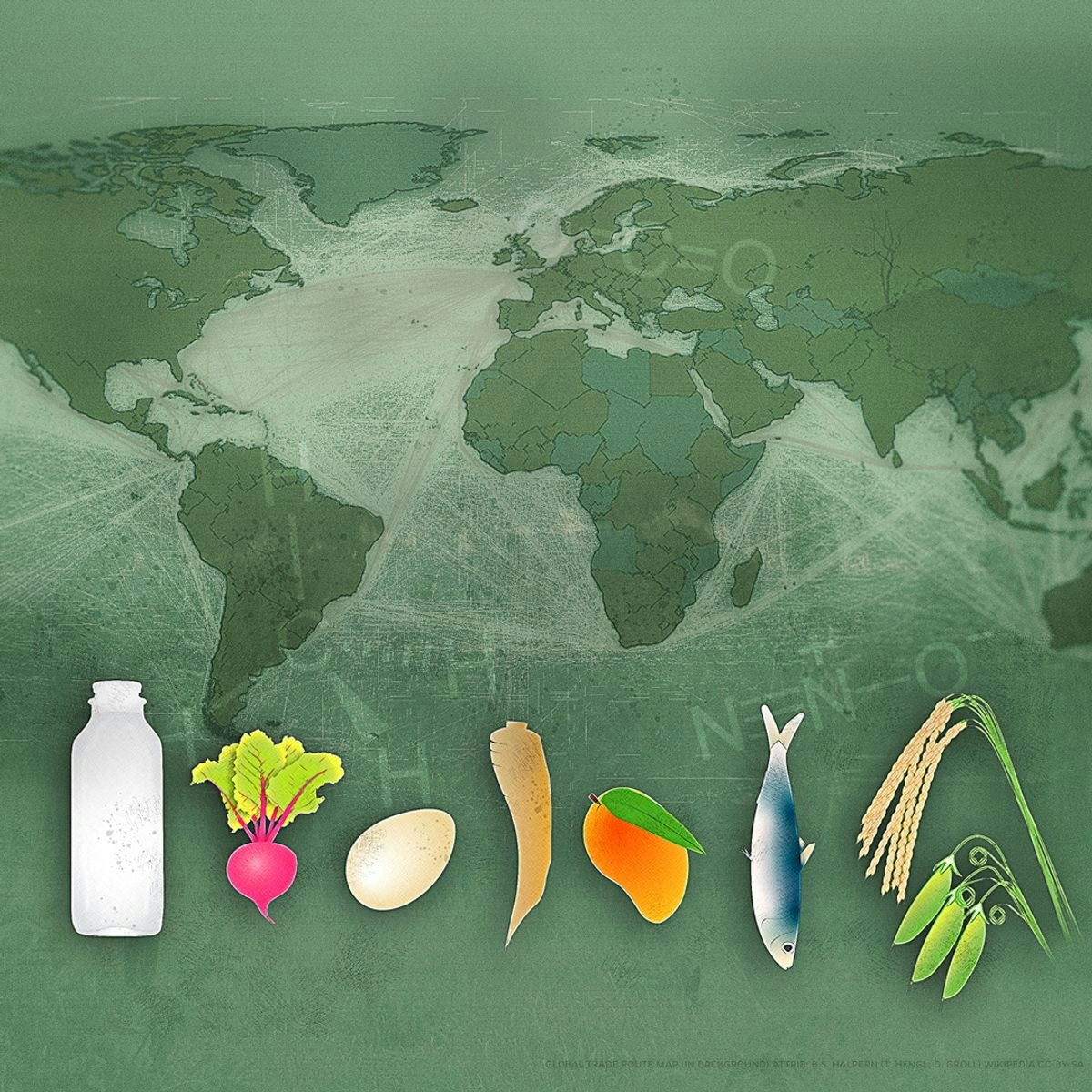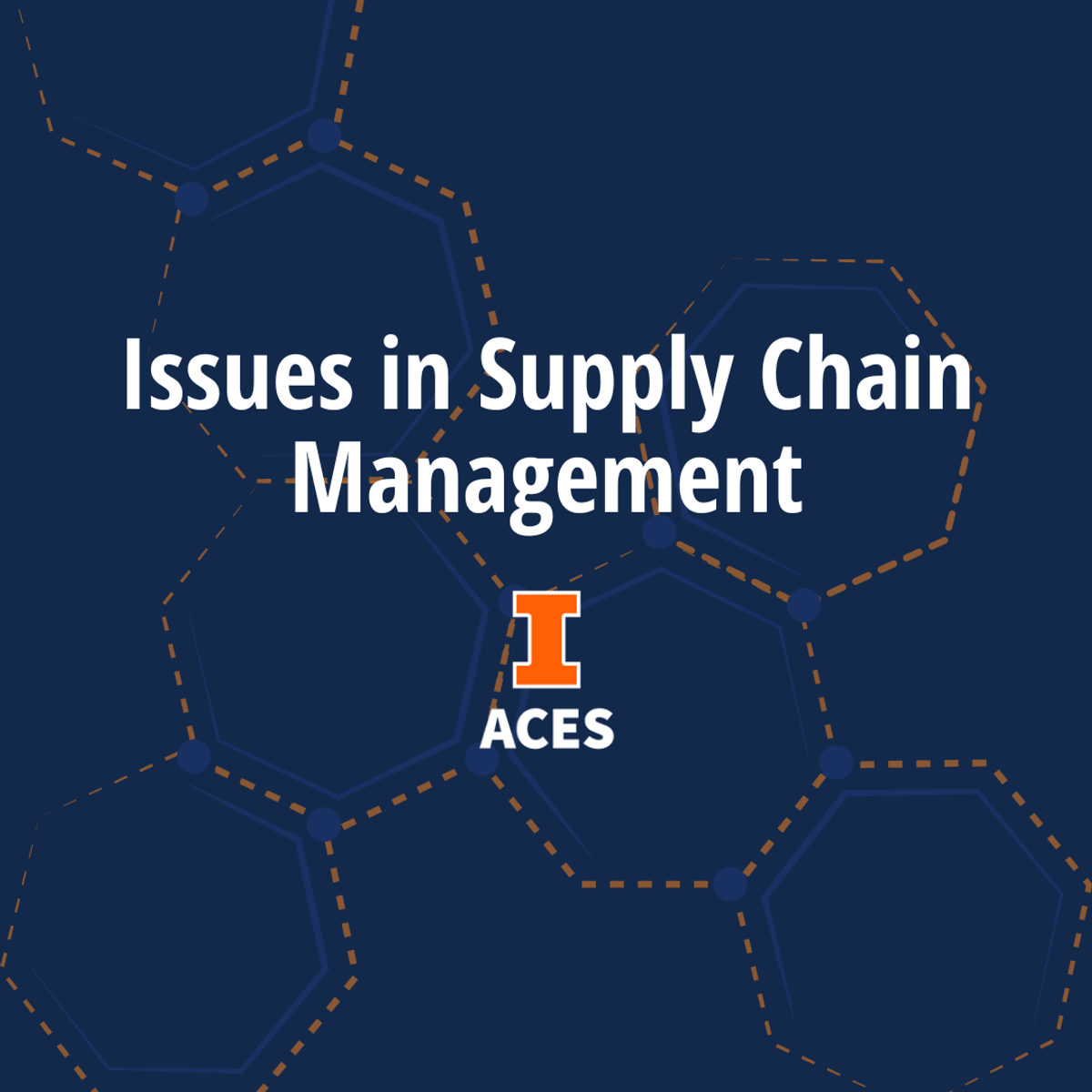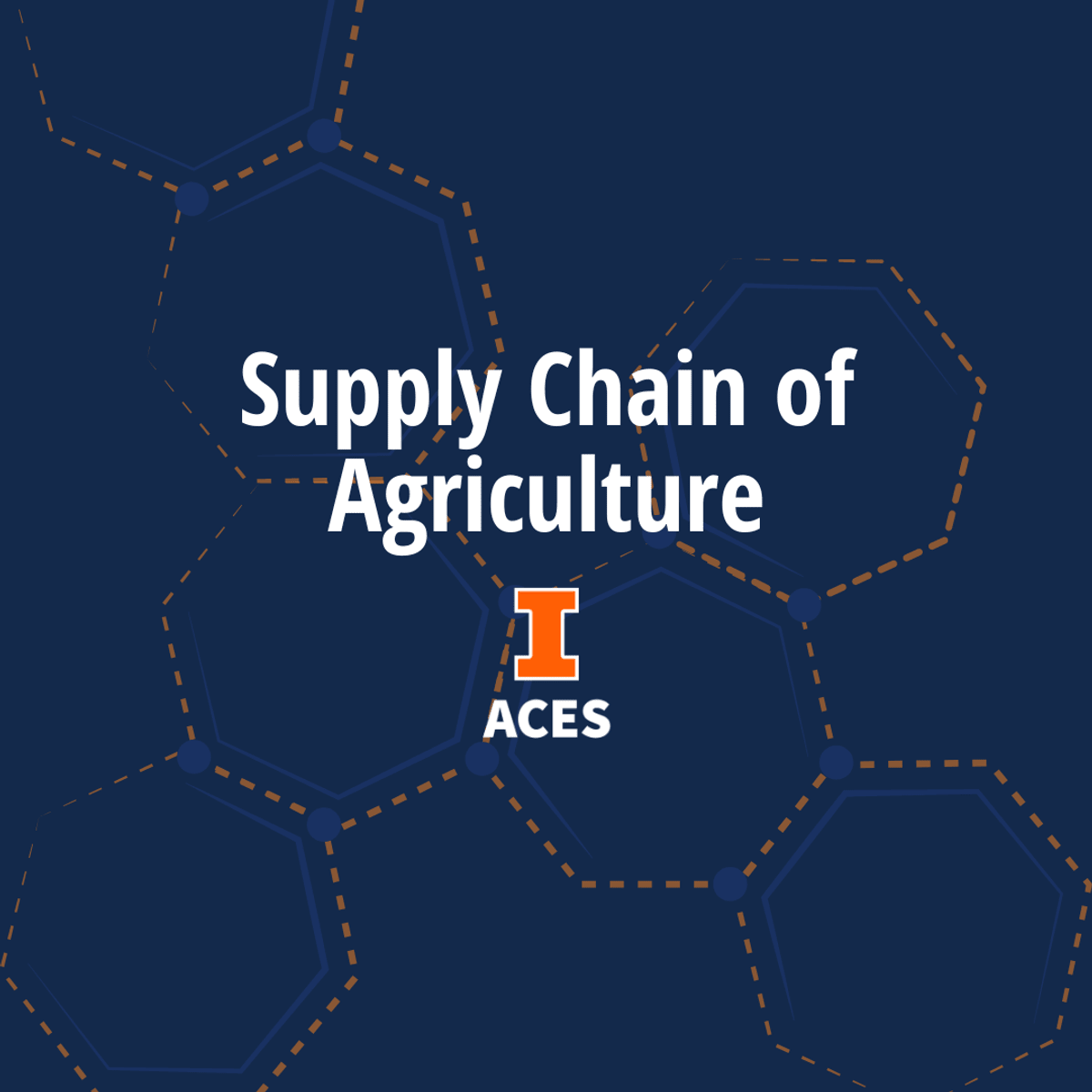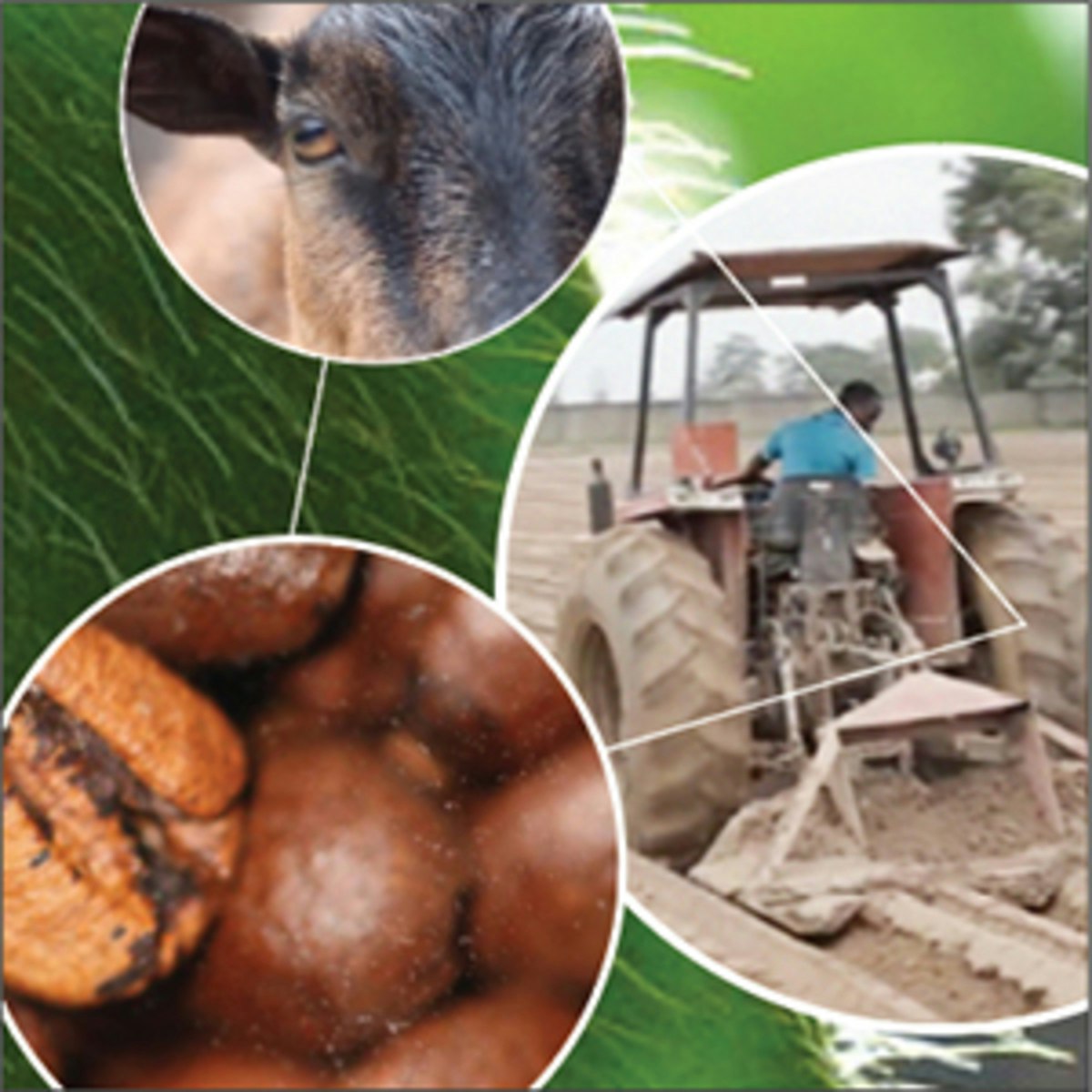Food Scientist
Exploring a Career as a Food Scientist
Food science is a fascinating field dedicated to studying the physical, biological, and chemical makeup of food. It involves applying scientific principles to understand how foods are produced, processed, preserved, packaged, distributed, and ultimately consumed. At its core, food science aims to ensure the food we eat is safe, nutritious, sustainable, and appealing to consumers.
Working as a food scientist can be incredibly engaging. You might find yourself developing a novel plant-based meat alternative, figuring out how to extend the shelf life of fresh produce naturally, or ensuring the safety and quality of products reaching millions. It's a career that blends laboratory research with practical application, often involving taste tests, pilot plant trials, and collaboration across diverse teams from marketing to engineering.
Overview of Food Science
Food science is inherently interdisciplinary, drawing knowledge from various scientific fields to tackle the complexities of our food system. It's not just about cooking or nutrition, although those are related areas. Food science delves deeper into the fundamental properties of food materials and how they change under different conditions.
Understanding the journey of food from farm to fork requires a broad scientific toolkit. This multifaceted field ensures that the food supply is not only plentiful but also safe, high-quality, and aligned with evolving consumer demands and environmental considerations. It plays a vital role in public health and the global economy.
Definition and Scope
Food science applies principles from basic sciences like chemistry, biology, and physics to study the nature of foods, the causes of their deterioration, and the principles underlying food processing. Its scope is vast, encompassing everything from agricultural production practices that affect food quality to the development of new food products and packaging technologies.
The field examines the transformation of raw agricultural commodities into consumable products. This includes understanding the reactions that occur during processing, storage, and preparation, and how these affect flavor, texture, nutritional value, and safety. Food scientists work across the entire food chain.
Ultimately, food science seeks to solve real-world problems related to food availability, quality, and sustainability. This involves improving food processing methods, developing innovative products, enhancing nutritional profiles, and ensuring food safety standards are met globally.
Key Disciplines Within Food Science
Several core disciplines converge within food science. Food chemistry explores the chemical composition and properties of food components like carbohydrates, proteins, fats, vitamins, and minerals, and how they react during processing and storage.
Food microbiology focuses on the role of microorganisms in food, including spoilage organisms, pathogens that cause foodborne illness, and beneficial microbes used in fermentation (like yogurt or cheese). Understanding and controlling microbial growth is crucial for food safety and preservation.
Food engineering applies engineering principles to the design and operation of food processing equipment and facilities. This includes heat transfer, fluid flow, mass transfer, and process control to ensure efficient and safe production.
Other important areas include sensory science, which studies how consumers perceive food through taste, smell, sight, touch, and hearing, and food processing, which deals with the methods used to transform raw ingredients into finished food products.
These courses provide insights into sensory science, a key discipline involving how we perceive food.
Core Objectives: Safety, Nutrition, Sustainability
A primary objective of food science is ensuring food safety. This involves identifying and controlling hazards—biological, chemical, or physical—that could cause illness or injury. Techniques like pasteurization, irradiation, and the implementation of systems like HACCP (Hazard Analysis Critical Control Points) are key tools.
These courses delve into food safety principles and practices, essential for any food scientist.
Enhancing the nutritional value of foods is another major goal. Food scientists work on fortification (adding nutrients like vitamins or minerals), reducing unhealthy components (like sodium or trans fats), and developing foods that meet specific dietary needs.
These courses explore the connection between nutrition, health, and sustainability.
Sustainability in food production and processing is increasingly critical. Food scientists contribute by developing resource-efficient processes, reducing food waste, creating sustainable packaging solutions, and exploring alternative food sources like plant-based proteins or cultured meat.
Relationship to Agriculture, Healthcare, and Consumer Goods
Food science acts as a bridge between agriculture and the consumer. It takes raw agricultural products and transforms them into the diverse range of foods available in markets. Innovations in food science can influence agricultural practices, for example, by developing crops with better processing characteristics.
This book provides insights into the relationship between food production and public action.
These courses examine agribusiness and the food value chain.
The field has strong ties to healthcare, particularly through nutrition and food safety. Food scientists contribute to public health by ensuring foods are safe, developing products for specific health needs (e.g., low-sodium, gluten-free), and researching the links between diet and disease.
Food science is central to the consumer goods industry, specifically the food and beverage sector. Food scientists drive innovation, developing new products, improving existing ones, and ensuring quality and consistency to meet consumer expectations and market trends.
Roles and Responsibilities of a Food Scientist
A food scientist's work can vary significantly depending on their specific role, employer, and area of specialization. However, common themes include research, development, quality control, and ensuring regulatory adherence. They often work in laboratories, pilot plants, and manufacturing facilities.
The day-to-day tasks might involve formulating new recipes, conducting experiments to test ingredient interactions, analyzing food samples for safety or nutritional content, troubleshooting production issues, or staying updated on the latest food regulations and scientific advancements.
Product Development Processes
Many food scientists work in Research and Development (R&D), focusing on creating new food products or improving existing ones. This process typically starts with an idea or concept, often driven by market trends, consumer demand, or technological advancements.
Scientists then move to bench-top formulation, experimenting with different ingredients and processing techniques to achieve the desired taste, texture, appearance, and shelf life. This involves understanding ingredient functionality and interactions. Successful formulations are often tested in pilot plants to simulate large-scale production before a full commercial launch.
Throughout development, sensory evaluation plays a crucial role. Food scientists conduct tests with trained panels or consumer groups to gather feedback on product attributes and ensure it meets consumer expectations. Iterative adjustments are made based on this feedback.
These courses offer insights into food innovation and entrepreneurship, relevant to product development.
Quality Assurance Protocols
Quality Assurance (QA) and Quality Control (QC) are critical functions often handled by food scientists. QA focuses on implementing systems and procedures to prevent quality issues throughout the production process, while QC involves testing products at various stages to ensure they meet specifications.
Responsibilities include developing and maintaining quality standards for raw materials, in-process materials, and finished products. This involves setting specifications for parameters like microbial counts, chemical composition, physical properties (e.g., viscosity, texture), and sensory characteristics.
Food scientists in QA/QC roles conduct regular inspections and audits of manufacturing facilities, implement sampling plans, perform laboratory analyses, manage documentation, and investigate any deviations from quality standards. They play a key role in maintaining brand reputation and consumer trust.
This course covers quality systems specifically for the brewing industry, illustrating QA principles.
Regulatory Compliance Management
The food industry is heavily regulated to protect public health. Food scientists often ensure that products, processes, and labeling comply with local, national, and international regulations (e.g., FDA in the US, EFSA in Europe).
This involves staying current with complex and changing food laws related to ingredients, additives, allergens, nutritional labeling, health claims, and manufacturing practices. They prepare documentation for regulatory submissions and respond to inquiries from regulatory agencies.
Managing regulatory compliance also includes ensuring accurate food labeling, verifying supplier compliance, and implementing traceability systems to track products through the supply chain. Understanding international regulations is crucial for companies involved in global trade.
This course provides an understanding of food labels.
This course looks at food safety regulations within the European Union.
Research Methodologies in Food Innovation
Research is fundamental to advancing food science and driving innovation. Food scientists in research roles (in academia, government, or industry) design and conduct experiments to explore fundamental food properties, develop new technologies, or solve specific problems.
This involves applying the scientific method: formulating hypotheses, designing experiments with appropriate controls, collecting and analyzing data using statistical methods, interpreting results, and communicating findings through reports or publications. Common techniques include chromatography (HPLC, GC), spectroscopy, microscopy, rheology, and molecular biology methods.
These courses touch upon research methodologies or related scientific principles applicable in food science.
Innovation might focus on areas like alternative proteins, functional foods with health benefits, novel preservation techniques, or sustainable processing methods. Research requires critical thinking, problem-solving skills, and a deep understanding of scientific principles.
Collaboration with Cross-Functional Teams
Food scientists rarely work in isolation. They collaborate extensively with colleagues from various departments, including marketing, sales, engineering, operations, procurement, and legal affairs.
For instance, during product development, food scientists work closely with marketing to understand consumer needs and translate them into product specifications. They collaborate with engineers to scale up production processes and with procurement to source ingredients.
Effective communication and teamwork skills are essential. Food scientists need to explain complex scientific concepts to non-technical audiences and understand perspectives from different business functions to ensure projects are successful from conception to market launch.
Formal Education Pathways
Pursuing a career as a food scientist typically requires a strong foundation in the sciences, usually obtained through formal education. The specific path can vary, but most roles require at least a bachelor's degree in a relevant field.
Higher-level positions, particularly in research and development or academia, often require a master's degree or a Ph.D. Continuous learning is also important to stay abreast of rapid advancements in the field.
High School Preparation: STEM Coursework
Aspiring food scientists should focus on building a strong foundation in science and mathematics during high school. Courses in biology, chemistry, physics, and math (algebra, calculus) are highly recommended.
These subjects provide the fundamental knowledge needed for university-level coursework in food science. Developing strong analytical and problem-solving skills through these courses is also beneficial.
Engaging in science fairs, relevant clubs, or even part-time jobs in food service or a laboratory setting can provide valuable early exposure and demonstrate interest in the field.
Foundational science knowledge is key. These courses cover general chemistry concepts.
Undergraduate Degrees (Food Science, Chemistry, Biology)
The most direct route is a Bachelor of Science (B.S.) degree in Food Science. These programs offer specialized coursework in food chemistry, microbiology, engineering, processing, sensory analysis, and food safety. You can explore available Food Science courses on OpenCourser.
However, degrees in related scientific fields like Chemistry, Biology, Microbiology, Chemical Engineering, or Biochemistry can also serve as entry points into the food science profession. Students pursuing these degrees may benefit from taking elective courses in food science or gaining relevant internship experience.
This book provides a good introduction to the field at the undergraduate level.
These online courses cover chemistry and biochemistry, core subjects for food science.
Undergraduate programs often include laboratory components, providing hands-on experience with analytical techniques and processing equipment. Internships or co-op programs offer valuable industry experience and networking opportunities.
Graduate Programs and Specializations
For advanced research, specialized roles, or academic positions, a graduate degree (Master's or Ph.D.) is often necessary. Graduate programs allow students to delve deeper into specific areas of food science, such as food chemistry, food microbiology, food engineering, sensory science, or food safety and toxicology.
Master's programs typically involve advanced coursework and may require a research thesis or project. Ph.D. programs are heavily research-focused, culminating in a dissertation that represents an original contribution to the field. Graduate studies develop advanced research skills, critical thinking, and expertise in a chosen specialization.
Choosing a specialization often depends on career interests. Someone interested in product development might focus on food chemistry or sensory science, while someone aiming for a role in food safety might specialize in microbiology or toxicology.
These courses provide foundational knowledge in nutrition and biochemistry, often studied at the graduate level.
Certifications
While not always required for entry-level positions, professional certifications can enhance a food scientist's credentials and demonstrate expertise in specific areas. Certifications are available in areas like food safety (e.g., HACCP certified, Certified Food Scientist - CFS through IFT), quality auditing, and sensory analysis.
Certifications often require a combination of education, experience, and passing an examination. They can be valuable for career advancement and may be preferred or required by some employers, particularly in quality assurance and regulatory roles.
Organizations like the Institute of Food Technologists (IFT) offer recognized certifications. Continuous professional development is often required to maintain certification status.
These courses cover relevant areas where certifications might be pursued, such as food safety and HACCP.
Research Opportunities in Academia
Universities with food science programs are centers for research. Students, particularly at the graduate level, have opportunities to participate in cutting-edge research projects led by faculty members. This provides invaluable experience in experimental design, data analysis, and scientific communication.
Academic research covers a wide spectrum of topics, from fundamental studies on molecular interactions in food systems to applied research on developing sustainable processing technologies or understanding the health impacts of dietary components.
Engaging in research as an undergraduate or graduate student can be a stepping stone to careers in academic research, government research institutions, or industrial R&D. It fosters critical skills and deepens understanding of the scientific process.
Career Progression for Food Scientists
A career in food science offers various pathways for growth and specialization. Progression often depends on education, experience, performance, and specialization choices. The field provides opportunities in industry, government, and academia.
Starting roles typically involve technical tasks, evolving towards more responsibility, project management, and potentially leadership positions. Networking and continuous learning are important for advancing in this dynamic field.
Entry-Level Positions
Graduates with a bachelor's degree often start in roles such as Food Technician, Quality Control Technician, Junior Food Scientist, or R&D Assistant. These positions typically involve performing laboratory tests, assisting senior scientists with experiments, collecting data, and ensuring adherence to protocols.
Entry-level roles provide practical experience and exposure to different aspects of the food industry. Responsibilities might include routine quality checks on raw materials or finished products, operating pilot plant equipment, or helping formulate product prototypes under supervision.
These initial positions are crucial for building foundational skills and understanding industry practices. They serve as a launching pad for more specialized or advanced roles as experience is gained.
Mid-Career Specialization Paths
With experience, food scientists often specialize in specific areas. Common specializations include Product Development, Quality Assurance/Management, Food Safety, Regulatory Affairs, Sensory Science, Food Engineering, or Ingredient Technology.
Mid-career roles might involve leading product development projects, managing a quality assurance team, overseeing regulatory compliance for a product line, designing sensory testing protocols, or optimizing processing operations. These roles typically require deeper expertise and more independent work.
Advanced degrees (Master's or Ph.D.) can facilitate specialization and progression into roles requiring more in-depth knowledge and research skills. Professionals may take on project management responsibilities and mentor junior staff.
Leadership Roles in R&D or Production
Experienced food scientists can advance into leadership positions such as R&D Manager, Quality Assurance Director, Plant Manager, or Technical Director. These roles involve overseeing teams, setting strategic direction, managing budgets, and making key decisions.
Leadership requires not only strong technical expertise but also excellent management, communication, and strategic thinking skills. Leaders are responsible for driving innovation, ensuring operational efficiency, maintaining high standards, and aligning departmental goals with overall business objectives.
Progression to leadership often requires a proven track record of success, significant industry experience, and sometimes advanced education or certifications. These roles carry substantial responsibility for product success and company performance.
Alternative Careers in Regulation or Consulting
The skills and knowledge gained as a food scientist open doors to alternative career paths. Some professionals move into government roles with regulatory agencies like the FDA or USDA, working on policy development, enforcement, or research.
Others pursue careers in consulting, advising food companies on technical challenges, regulatory compliance, quality systems, or product innovation. Consulting requires broad expertise and strong problem-solving abilities.
Food scientists may also find opportunities in technical sales, academia (teaching and research), food journalism, intellectual property law (with additional legal training), or non-profit organizations focused on food security or sustainability.
Salary Benchmarks Across Career Stages
Salaries for food scientists vary based on factors like education level, experience, specialization, industry sector (e.g., private industry, government, academia), company size, and geographic location.
Entry-level positions typically offer competitive starting salaries for science graduates. Mid-career professionals with specialization and experience generally see significant salary growth. Leadership roles command higher compensation packages reflecting their increased responsibilities.
According to the U.S. Bureau of Labor Statistics (BLS), the field for agricultural and food scientists shows steady employment prospects. For detailed, up-to-date salary information, resources like the BLS Occupational Outlook Handbook provide valuable data on earnings and job outlook for food scientists and related roles.
Food Scientist in Industry Trends
The food industry is constantly evolving, driven by changing consumer preferences, technological advancements, and global challenges. Food scientists play a crucial role in navigating and shaping these trends, which create both opportunities and demands for new skills.
Staying aware of industry trends is vital for career growth and relevance. Key trends currently influencing the field include the rise of alternative proteins, the demand for clean labels, sustainability initiatives, automation, and supply chain complexities.
Plant-Based and Alternative Protein Development
Growing consumer interest in health, sustainability, and animal welfare has fueled demand for plant-based foods and alternative proteins (like cultured meat or insect-based protein). Food scientists are central to developing these products.
This involves formulating products that mimic the taste, texture, and nutritional profile of traditional animal products. Challenges include sourcing sustainable ingredients, optimizing flavor and texture, ensuring nutritional adequacy, and scaling up production efficiently.
Expertise in protein chemistry, ingredient functionality, flavor science, and processing techniques is highly valuable in this rapidly growing sector. Familiarity with plant-based ingredients and novel protein sources is becoming increasingly important.
These courses explore related areas like nutrition, sustainability, and edible insects.
Clean Label Movement
Consumers are increasingly seeking foods with simple, recognizable ingredients and minimal processing ("clean labels"). This trend challenges food scientists to reformulate products, replacing artificial additives, preservatives, and unfamiliar ingredients with natural alternatives without compromising taste, texture, or shelf life.
This requires a deep understanding of natural ingredients, their functionalities, and potential interactions. It often involves finding natural sources for colors, flavors, emulsifiers, and preservatives, and developing processing methods that maintain product quality with fewer additives.
Skills in ingredient technology, formulation science, and food chemistry are key. Food scientists must balance consumer demand for clean labels with the technical requirements for product stability and safety.
Sustainable Packaging Innovations
Concerns about plastic waste and environmental impact are driving innovation in food packaging. Food scientists contribute to developing sustainable packaging solutions that protect food quality and safety while minimizing environmental footprint.
This involves researching and testing biodegradable, compostable, or recyclable materials, designing packaging that uses less material (lightweighting), and exploring edible coatings or active packaging systems that extend shelf life.
Knowledge of material science, packaging technology, food preservation principles, and environmental regulations is needed. Collaboration with packaging engineers and material suppliers is essential.
This book explores the global food scandal, including waste issues related to packaging and consumption.
This course touches upon safety aspects of food packaging.
Automation in Food Production
Automation and robotics are increasingly being adopted in food manufacturing to improve efficiency, consistency, and safety. Technologies like automated sorting, processing, packaging, and quality control systems are becoming more common.
Food scientists need to understand how automation impacts production processes and product quality. They may be involved in validating automated systems, developing quality control protocols suitable for automated lines, or adapting formulations for automated processing.
While automation may change certain job functions, it also creates opportunities for food scientists with skills in data analysis, process optimization, and technology integration. Familiarity with data science and process control systems can be advantageous.
This course discusses the impact of Industry 4.0, including automation, on the food sector.
Global Supply Chain Challenges
Food supply chains are complex and global, making them vulnerable to disruptions from factors like climate change, geopolitical events, and pandemics. Food scientists contribute to building more resilient and transparent supply chains.
This can involve developing methods for rapid traceability, improving food preservation techniques to reduce spoilage during transport, ensuring supplier compliance with safety and quality standards, and adapting products or processes to accommodate ingredient variability or sourcing changes.
Understanding logistics, risk management, international regulations, and quality management systems is important. Data analysis skills can help in monitoring supply chain performance and identifying potential issues.
These courses provide insights into food supply chains and related economic or management issues.
Ethical Considerations in Food Science
Food science operates within a complex web of ethical considerations that impact society and the environment. Professionals in the field often grapple with dilemmas related to food access, health equity, environmental sustainability, and animal welfare.
Addressing these ethical dimensions requires not only scientific expertise but also critical thinking, awareness of societal values, and a commitment to responsible innovation. Ethical considerations are becoming increasingly integral to the practice of food science.
Food Security Challenges
Ensuring everyone has access to sufficient, safe, and nutritious food (food security) is a major global challenge. Food scientists contribute by developing high-yield crops, improving food preservation techniques to reduce post-harvest losses, and creating affordable, nutritious food products.
Ethical questions arise regarding the distribution of these benefits, the impact of food technologies on smallholder farmers, and the role of genetically modified organisms (GMOs) in addressing hunger. Balancing innovation with equitable access is a key ethical consideration.
These books and courses touch upon food security and related challenges.
Nutritional Equity Debates
Disparities exist in access to healthy and nutritious foods, often linked to socioeconomic status and geographic location ("food deserts"). Food scientists can influence nutritional equity through the types of products they develop and how they are priced and marketed.
Ethical debates center on the responsibility of the food industry in addressing diet-related health disparities. This includes questions about the formulation of processed foods (e.g., high levels of sugar, salt, fat), marketing practices targeting vulnerable populations, and the accessibility of healthy options.
Food scientists face choices about prioritizing nutritional value versus cost or palatability, and how their work contributes to or alleviates health inequities. Transparency in labeling and responsible formulation are part of this discussion.
This book explores the politics surrounding food, often intersecting with equity issues.
Animal Welfare in Food Production
Conventional animal agriculture raises significant ethical concerns regarding animal welfare. Food science intersects with this issue through research into alternative proteins (plant-based, cultured meat) that reduce reliance on animal farming.
Even within traditional animal agriculture, food scientists may be involved in developing practices or technologies aimed at improving animal welfare during transport or processing. However, fundamental ethical questions remain about the use of animals for food.
The development and promotion of alternative protein sources represent a major area where food science is directly addressing animal welfare concerns, although the ethical implications of novel technologies like cultured meat are also debated.
Environmental Impact Assessments
Food production is a major contributor to environmental issues like greenhouse gas emissions, water usage, deforestation, and biodiversity loss. Food scientists play a role in assessing and mitigating these impacts.
This involves developing more sustainable processing methods, reducing energy and water consumption, minimizing waste, finding uses for byproducts, and contributing to the development of sustainable food sources and agricultural practices.
Life cycle assessments (LCAs) are tools used to evaluate the environmental footprint of food products and processes. Ethical considerations involve balancing environmental protection with economic viability and food affordability.
This course focuses on sustainability in food production.
Responsible Marketing Practices
How food products are marketed raises ethical questions, particularly regarding health claims, nutritional information, and advertising targeted at children. Food scientists contribute technical information that may be used in marketing materials.
Ensuring that marketing claims are scientifically accurate and not misleading is an ethical responsibility. This includes providing clear and truthful information about ingredients, nutritional content, and potential health benefits or risks.
Food scientists can advocate for responsible marketing practices within their organizations, promoting transparency and avoiding deceptive claims that could negatively impact consumer choices and public health.
This course explores food ethics more broadly.
Global Opportunities for Food Scientists
Food science is a global field, offering opportunities to work in diverse cultural and economic contexts. The challenges and priorities in food science can vary significantly by region, influenced by local diets, agricultural practices, regulations, and market demands.
For food scientists interested in international careers, understanding these regional differences and developing cross-cultural competencies is essential. Global opportunities exist in multinational corporations, international organizations, NGOs, and research institutions.
Regional Industry Hubs
Certain regions are known as major hubs for the food industry and food science research. These include North America, Western Europe, and parts of Asia (like Japan, Singapore, China). These areas often have large food processing industries, significant R&D investment, and well-established academic programs.
Working in these hubs can provide access to cutting-edge technologies, large markets, and diverse career opportunities within multinational companies or leading research institutions. However, competition can also be high.
Understanding the specific focus of different regional hubs (e.g., dairy in some parts of Europe, processed foods in North America, fermentation technology in Asia) can help tailor career exploration.
Cultural Adaptation in Product Development
Developing food products for international markets requires careful consideration of cultural preferences, dietary habits, and local ingredients. Food scientists involved in global product development must adapt formulations and sensory profiles to suit diverse consumer tastes.
This involves understanding local flavor preferences, traditional cooking methods, religious dietary laws (e.g., Halal, Kosher), and cultural significance of certain foods. Sensory testing with local consumer panels is crucial for success.
Cross-cultural communication skills and sensitivity are vital when working on global teams or adapting products for different markets. Experience living or working abroad can be highly beneficial.
These books and courses touch upon food culture and global food systems.
International Food Regulations
Food regulations vary significantly from country to country. Food scientists working for companies that export products or operate globally must navigate this complex regulatory landscape. This includes standards for ingredients, labeling, food safety, and import/export requirements.
Staying informed about international regulations and ensuring compliance is a critical function. This may involve working with regulatory experts, adapting formulations or labeling to meet specific market requirements, and managing documentation for international trade.
Understanding frameworks like Codex Alimentarius, which sets international food standards, guidelines, and codes of practice, is often necessary for professionals involved in global food trade.
This course looks at food safety regulations specifically within the EU.
Emerging Markets Analysis
Emerging economies often present significant growth opportunities for the food industry due to rising incomes and changing consumer lifestyles. Food scientists may be involved in analyzing these markets to identify opportunities for new products or technologies.
This requires understanding local market dynamics, consumer trends, infrastructure limitations, and regulatory environments in developing countries. Adapting products to meet local needs regarding affordability, nutritional requirements, and available ingredients is key.
Working in emerging markets can involve unique challenges but also offers the potential to make a significant impact on local food systems and nutrition.
This book provides a perspective on global food challenges, relevant to emerging markets.
Climate-Specific Research Opportunities
Climate change impacts agriculture and food production differently across various regions. This creates opportunities for food scientists to engage in climate-specific research, such as developing drought-resistant crops, adapting processing techniques for warmer climates, or finding solutions for regions facing specific environmental challenges.
International research collaborations often focus on addressing climate change impacts on food security in vulnerable regions. Opportunities may exist in international research centers, universities, or organizations working on climate adaptation in agriculture and food systems.
Expertise in areas like agricultural science, environmental science, and sustainable food systems is valuable for pursuing these global research opportunities.
This course addresses climate-resilient agriculture.
Challenges in Modern Food Science
Despite significant advancements, the field of food science faces numerous complex challenges. These stem from evolving consumer demands, environmental pressures, global economic factors, and the inherent complexities of food systems.
Addressing these challenges requires ongoing innovation, collaboration, and a commitment to scientific rigor. Food scientists are at forefront of finding solutions to ensure a safe, nutritious, and sustainable food supply for a growing global population.
Balancing Cost vs. Nutritional Value
A persistent challenge is balancing the cost of food production with nutritional quality and affordability for consumers. Developing nutritious foods often requires more expensive ingredients or complex processing, which can increase the final product price.
Food scientists work to find cost-effective ways to improve nutritional profiles, such as using alternative nutrient-rich ingredients or optimizing formulations. However, market pressures often prioritize cost reduction, potentially compromising nutritional goals.
This tension is particularly relevant when developing foods for low-income populations or addressing malnutrition. Finding innovative solutions that are both nutritious and affordable remains a key challenge.
This book offers perspectives on choices within food systems.
Antimicrobial Resistance Concerns
The overuse of antibiotics in animal agriculture is a major contributor to the rise of antimicrobial resistance (AMR), a serious global health threat. While not always directly involved in antibiotic use on farms, food science intersects with AMR through food safety practices.
Food scientists work on developing processing methods to eliminate antibiotic-resistant bacteria from the food supply. Research also focuses on finding alternatives to antibiotics in agriculture and developing rapid detection methods for resistant microbes in food.
Addressing AMR requires a multi-faceted "One Health" approach involving agriculture, human medicine, and environmental science. Food safety practices are a critical component of mitigating the spread of resistant bacteria through the food chain.
This course tangentially touches on antibiotics and resistance.
Consumer Skepticism of Food Tech
While technology drives innovation in food science, consumers can sometimes be skeptical or fearful of new food technologies, such as genetic modification, irradiation, or cultured meat. This skepticism can hinder the adoption of potentially beneficial innovations.
Food scientists face the challenge of communicating complex scientific information clearly and transparently to build public trust. Engaging with consumers, addressing concerns, and demonstrating the safety and benefits of new technologies are crucial.
Balancing innovation with consumer acceptance requires not only technical expertise but also strong communication skills and an understanding of public perception and ethical concerns surrounding food technology.
These books offer critical perspectives on the modern food system, reflecting some consumer concerns.
Climate Change Impacts on Crops
Climate change poses significant threats to agricultural production through extreme weather events, changing growing seasons, and increased pest/disease pressure. This impacts the availability, quality, and consistency of raw materials used by the food industry.
Food scientists must adapt to this variability by developing processing techniques that can handle inconsistent raw material quality, finding alternative ingredients, and contributing to the development of climate-resilient crops.
Research into drought-tolerant, heat-resistant, or disease-resistant crop varieties, often in collaboration with plant scientists and agricultural researchers, is crucial for ensuring food security in a changing climate.
These courses discuss sustainability and climate impacts on food systems.
Regulatory Complexity Across Markets
Navigating the diverse and often complex food regulations across different countries and regions is a major challenge, particularly for companies involved in international trade. Standards for food safety, labeling, ingredients, and health claims can vary significantly.
Keeping up with evolving regulations and ensuring compliance requires dedicated resources and expertise. Harmonizing international standards is an ongoing effort, but differences persist, creating hurdles for global food businesses.
Food scientists involved in regulatory affairs need meticulous attention to detail, strong organizational skills, and the ability to interpret complex legal and technical documents to ensure products meet all applicable requirements in target markets.
Future Outlook for Food Scientists
The future for food scientists appears promising, driven by a growing global population, increasing demand for safe, nutritious, and sustainable food, and continuous technological advancements. The field is expected to evolve, creating new opportunities and requiring new skill sets.
Professionals who are adaptable, embrace lifelong learning, and possess strong interdisciplinary skills will be well-positioned for success in the dynamic landscape of food science.
Projected Industry Growth Areas
Several areas within the food industry are projected for significant growth, creating demand for food scientists. These include alternative proteins (plant-based, cultured meat, insect protein), functional foods and beverages with specific health benefits, personalized nutrition, and sustainable food production and packaging.
The demand for convenience foods that are also healthy and sustainable is likely to continue. Additionally, technologies enhancing food safety, traceability, and shelf-life extension will remain important growth drivers.
Food scientists with expertise in these high-growth areas, such as protein chemistry, biotechnology, nutrition science, data analysis, and sustainable practices, will likely find strong career prospects. The USDA Economic Research Service provides ongoing analysis of food market trends.
Impact of AI/ML on Food Innovation
Artificial Intelligence (AI) and Machine Learning (ML) are beginning to impact food science and innovation. Applications include predicting consumer preferences, optimizing formulations, improving process control in manufacturing, enhancing quality inspection, and accelerating research.
Food scientists may increasingly use AI/ML tools for data analysis, predictive modeling, and experimental design. While AI won't replace the need for scientific expertise, familiarity with data science principles and the ability to collaborate with AI specialists will become valuable assets.
AI can help analyze complex datasets from sensory evaluations, genomic studies, or manufacturing processes to uncover insights that drive innovation and efficiency. This integration of data science offers exciting possibilities for the future of food development.
Personalized Nutrition Advancements
The concept of personalized nutrition—tailoring dietary recommendations based on individual genetics, microbiome, lifestyle, and health goals—is gaining traction. Food science plays a role in developing the foods and technologies needed to support personalized nutrition approaches.
This could involve creating foods with specific nutrient profiles, developing diagnostic tools (like biosensors), or using data analytics to provide customized dietary advice. Understanding human physiology, genetics, and the gut microbiome is becoming more relevant.
While still an emerging field, personalized nutrition represents a potential future direction where food science intersects closely with health technology and data science to deliver highly tailored dietary solutions.
Space Food Research
As space exploration ambitions grow, the need for safe, nutritious, and palatable food for long-duration missions becomes critical. Food scientists are involved in researching and developing food systems suitable for space travel.
Challenges include ensuring long shelf stability, minimizing mass and volume, providing adequate nutrition under microgravity conditions, and maintaining psychological well-being through appealing food options. Research areas include novel preservation techniques, 3D food printing, and bioregenerative life support systems (growing food in space).
While a niche area, space food research pushes the boundaries of food science and technology, potentially leading to innovations applicable to terrestrial food systems as well.
Career Resilience During Economic Shifts
The food industry is generally considered relatively resilient during economic downturns because food is a basic necessity. While specific sectors or companies might be affected, the overall demand for food remains stable, providing a degree of job security for food scientists.
However, roles focused on long-term R&D or premium product development might be more sensitive to economic shifts than those in essential functions like quality assurance or food safety.
Maintaining a broad skill set, being adaptable, and focusing on areas with consistent demand (like safety, quality, and efficiency) can enhance career resilience. The fundamental need for safe and accessible food underpins the long-term stability of the food science profession. The Bureau of Labor Statistics projects steady employment growth in this field.
Frequently Asked Questions
Embarking on or transitioning into a career in food science often raises specific questions. Here are answers to some common inquiries from aspiring and practicing food scientists.
Difference between food science and nutrition science?
While related, food science and nutrition science have different focuses. Food science studies the chemical, biological, and physical nature of food itself and the principles of food processing. Nutrition science focuses on how the body utilizes food (nutrients) for growth, metabolism, and health, and the relationship between diet and disease.
A food scientist might develop a low-fat yogurt, focusing on texture, flavor, and shelf stability using specific ingredients and processes. A nutrition scientist (or dietitian) might study how consuming that yogurt affects gut health or recommend it as part of a weight management plan.
There is overlap, especially in areas like functional foods or nutritional analysis, but food science is more product-focused, while nutrition science is more health- and body-focused.
These books cover human nutrition, highlighting the focus of that field.
Can I transition from culinary arts to food science?
Yes, transitioning from culinary arts to food science is possible, but it typically requires additional formal education in the sciences. Culinary arts provide excellent hands-on experience with food preparation, flavor development, and ingredients, which can be advantageous.
However, food science demands a rigorous understanding of chemistry, biology, physics, and mathematics. A culinary professional would likely need to pursue a bachelor's or potentially a master's degree in food science or a related scientific field to acquire the necessary theoretical knowledge and laboratory skills.
Some programs might offer bridging options, and culinary experience can be a strong asset, especially in product development or sensory science roles, once the scientific foundation is established.
These courses focus on culinary skills, distinct from the scientific focus of food science.
Is lab work required throughout a career?
Lab work is common, especially in early-career roles and in R&D or QA/QC functions. Many food scientists spend a significant portion of their time in laboratories conducting experiments, analyzing samples, or testing prototypes.
However, not all food science roles are lab-based throughout an entire career. As professionals advance, they might move into management, regulatory affairs, technical sales, consulting, or project management roles that involve less hands-on lab work and more focus on strategy, communication, and oversight.
Even in non-lab roles, a strong understanding of laboratory principles and techniques gained earlier in one's career remains essential for effective decision-making and communication with technical teams.
How critical is chemistry knowledge?
Chemistry knowledge is fundamental and critically important for a food scientist. Food is composed of chemical compounds, and its properties, reactions, and transformations during processing and storage are governed by chemical principles.
Understanding organic chemistry, biochemistry, physical chemistry, and analytical chemistry is essential for tasks like formulating products, ensuring safety, controlling quality, understanding ingredient interactions, and developing new processes. A strong chemistry foundation is arguably one of the most crucial requirements for success in the field.
Whether working in R&D, QA, or regulatory affairs, a deep grasp of chemistry enables food scientists to understand the 'why' behind food phenomena and make informed technical decisions.
Many online courses can help build or refresh chemistry knowledge. OpenCourser offers a wide selection in its Chemistry category.
What industries employ food scientists beyond manufacturing?
While food and beverage manufacturing companies are major employers, food scientists also find opportunities in various other sectors. Government agencies (like the FDA, USDA) employ food scientists for regulation, policy, and research.
Ingredient suppliers hire food scientists for R&D, technical support, and sales. Consulting firms employ experts to advise food businesses. Academia offers roles in teaching and research at universities.
Other possibilities include testing laboratories, food service companies, retailers (for private label development and quality assurance), research institutions, non-profit organizations, and even flavor houses or analytical equipment manufacturers.
How does automation affect job prospects?
Automation is changing tasks within the food industry, potentially reducing the need for some manual labor in production and routine testing. However, it's unlikely to eliminate the need for food scientists. Instead, it shifts the required skill set.
Automation creates demand for food scientists who can design, implement, validate, and manage automated systems. Skills in data analysis, process control, robotics, and troubleshooting automated equipment become more valuable.
While routine tasks may become automated, the need for critical thinking, problem-solving, innovation, regulatory interpretation, and strategic decision-making—core functions of food scientists—remains strong. Automation is more likely to transform roles rather than eliminate them entirely.
This course discusses the integration of technology in the food industry.
Are multilingual skills advantageous?
Yes, multilingual skills can be a significant advantage, especially for food scientists working in global companies, international trade, or diverse cultural contexts.
Being proficient in languages other than English can facilitate communication with international colleagues, suppliers, customers, or regulatory bodies. It can be particularly helpful in roles involving global product development, international regulatory affairs, or working in multicultural teams.
While not always a strict requirement, multilingualism enhances cross-cultural understanding and can open doors to international assignments or roles requiring interaction with non-English speaking markets.
Embarking on a career as a food scientist requires dedication to scientific learning and a passion for understanding the complexities of food. It's a rewarding field that offers diverse opportunities to contribute to public health, sustainability, and the enjoyment of food worldwide. Whether you are just starting your journey or considering a career change, the path involves continuous learning and adaptation in a dynamic industry. Resources like the OpenCourser Learner's Guide can help structure your learning path using online courses and books.









